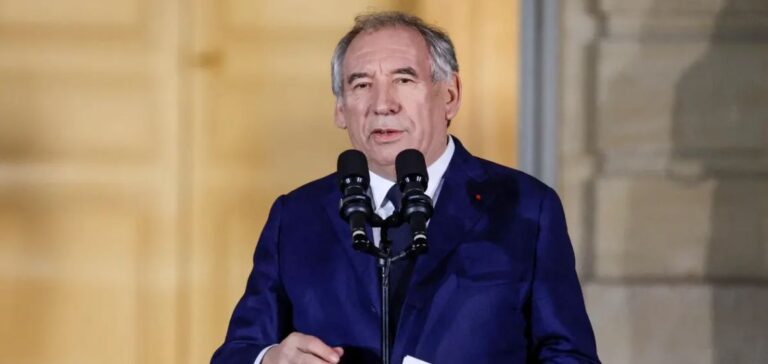The French government will adopt within one to two weeks the decree establishing the Programmation pluriannuelle de l’énergie (PPE) for the 2025–2035 period. This roadmap, stipulated in the French Energy Code, is intended to guide the country’s national energy policy for the next ten years, with the aim of structuring the trajectory towards carbon neutrality by 2050. The announcement was made by Government Spokesperson Sophie Primas following the Council of Ministers meeting on 9 April.
Decree adoption preceding legislative review
The PPE will be enacted through a decree during an upcoming Council of Ministers session, with potential amendments depending on the outcome of parliamentary debates around a dedicated legislative proposal. This proposal, introduced by Senator Daniel Gremillet (Les Républicains), was passed in its first reading in the Senate in October 2024. It is scheduled for discussion at the National Assembly during the second half of June. According to Sophie Primas, the bill’s objectives are largely aligned with the decree, the result of an extended preparatory process.
A debate on France’s energy sovereignty, to be held without a vote under Article 50-1 of the Constitution, is scheduled for 28 April at the National Assembly. This debate arises amid growing political divisions over the decree-based adoption of the PPE. Several parties, including the Rassemblement National, have opposed the use of a decree and raised the possibility of a motion of no confidence in the government.
Industrial uncertainty and pressure from energy stakeholders
The 2025–2035 version of the PPE represents a strategic shift from the 2019–2024 framework, which called for the closure of several nuclear reactors. In contrast, the new decree confirms the revival of nuclear energy, announced by President Emmanuel Macron in February 2022. This repositioning is intended to strengthen the country’s energy independence and meet rising demand for low-carbon electricity.
Across the sector, numerous energy operators have expressed frustration over the prolonged lack of long-term visibility. Discussions on the PPE have been ongoing for nearly four years, fuelling uncertainty around industrial investment. Many stakeholders have called for resolution to enable stable planning, deemed essential for the deployment of production and grid infrastructure projects.






















